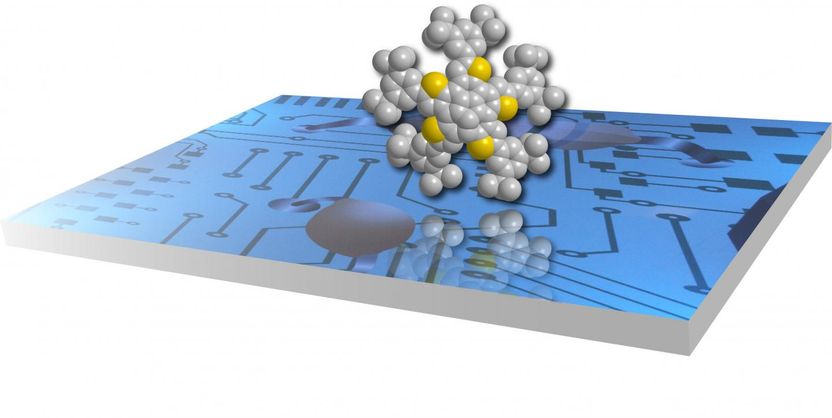New insight into how long-banned chemicals unleash their toxicity inside the body
polychlorinated biphenyls (PCBs) were widely used in industrial and commercial products including plastics, paints, electronic equipment and insulating fluids. Their manufacture was extensively banned from the late 70s onwards due to their toxicity, however large amounts still remain in our environment and accumulate inside animals’ bodies.
Chiral PCBs are PCBs that have two mirror-image isomers; these isomers are identical reflections of each other with the same composition. Chiral PCBs are particularly dangerous because they have more chlorine atoms, which are hard for the body to break down, so they can accumulate in the body easily and their isomers are metabolized differently, causing isomer-specific toxicity (particularly neurodevelopmental issues). However, the process behind this selective metabolism was not known. To address this, a research group has illuminated how enzymes produced by the body unevenly metabolize the mirror-image isomers. These results will make it possible to estimate PCB metabolism and detoxification pathways in animals. They will also contribute towards the development of technology to make predictions about chiral PCBs’ mirror isomers, so that we can obtain a better understanding of potential toxicity in humans and other mammals.
These findings were made by a multi-institutional research collaboration, which included Associate Professor INUI Hideyuki (Kobe University Biosignal Research Center), Lead Researcher MATSUMURA Chisato (Hyogo Prefectural Institute of Environmental Sciences), Professor YAMAMOTO Keiko and Professor ITOH Toshimasa (Showa Pharmaceutical University), Associate Professor MORI Tadashi (Osaka University Graduate School of Engineering), and Visiting Professor NAKANO Takeshi (Osaka University Research Center for Environmental Preservation).
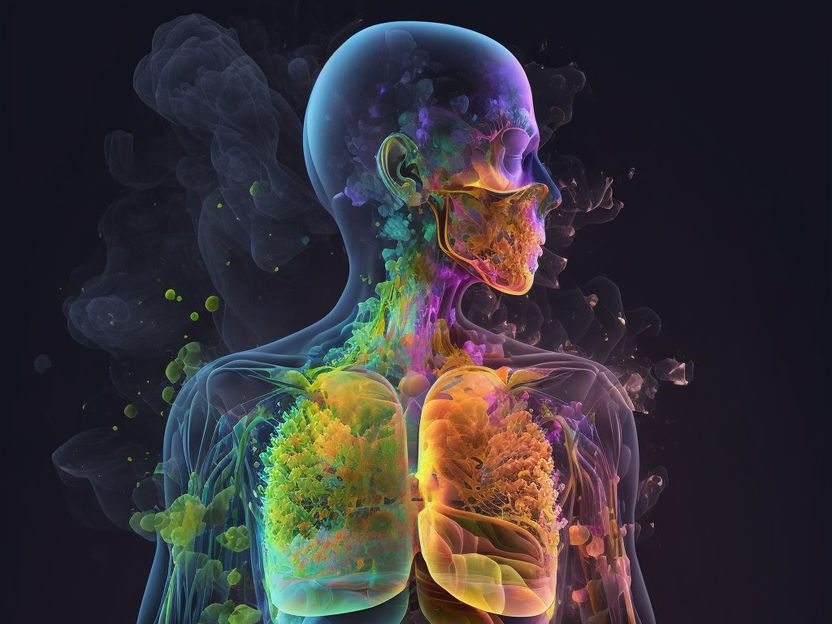
Symbolic image
Computer-generated image
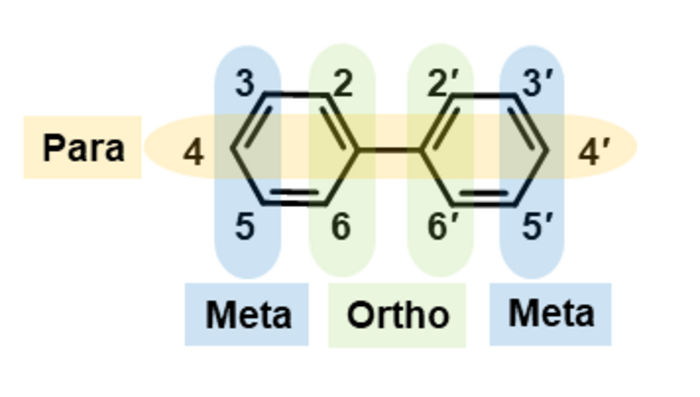
The basic structure of a polychlorinated biphenyl (PCB)
Hideyuki Inui
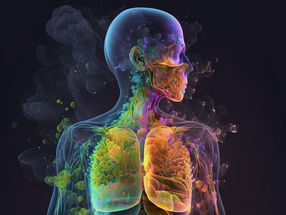
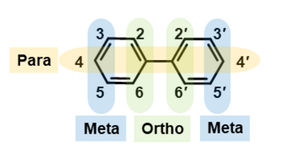
Original publication
Other news from the department science

Get the chemical industry in your inbox
By submitting this form you agree that LUMITOS AG will send you the newsletter(s) selected above by email. Your data will not be passed on to third parties. Your data will be stored and processed in accordance with our data protection regulations. LUMITOS may contact you by email for the purpose of advertising or market and opinion surveys. You can revoke your consent at any time without giving reasons to LUMITOS AG, Ernst-Augustin-Str. 2, 12489 Berlin, Germany or by e-mail at revoke@lumitos.com with effect for the future. In addition, each email contains a link to unsubscribe from the corresponding newsletter.
Most read news
More news from our other portals
Last viewed contents
Bayer gets green light for new world-scale TDI plant in Dormagen
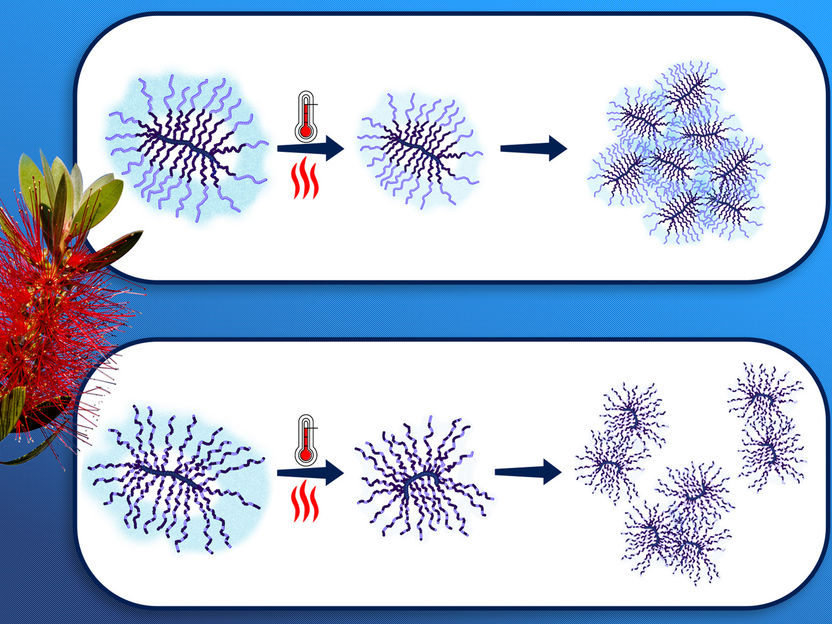
Smart bottle brushes - Neutrons make structural changes in molecular brushes visible: Promising candidates for a variety of applications

AMIT Industriesysteme GmbH - Bad Iburg, Germany
